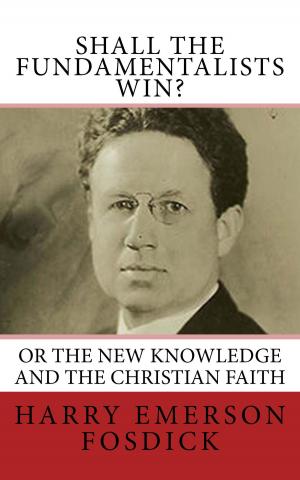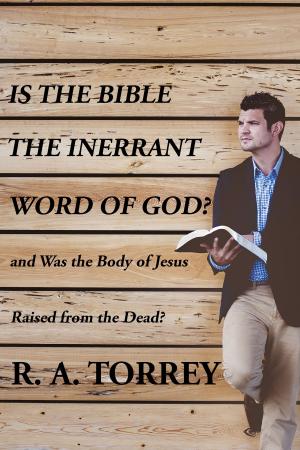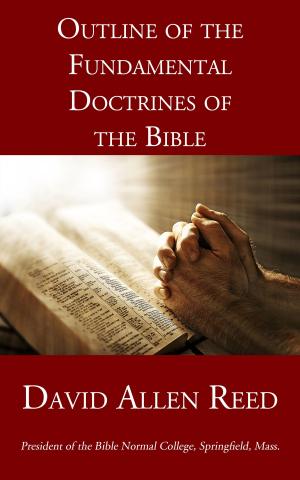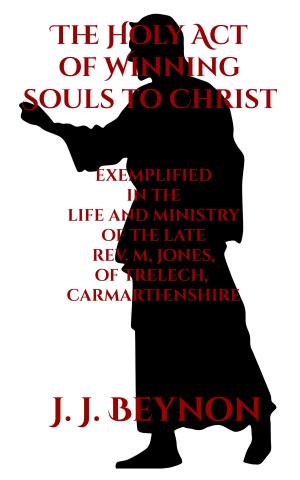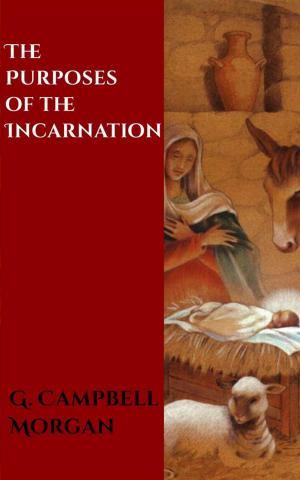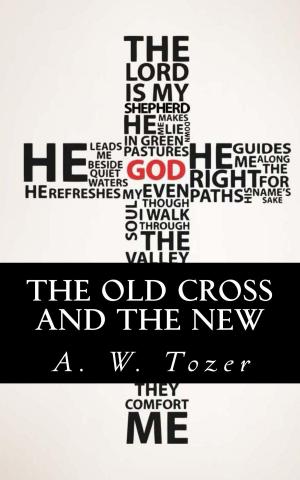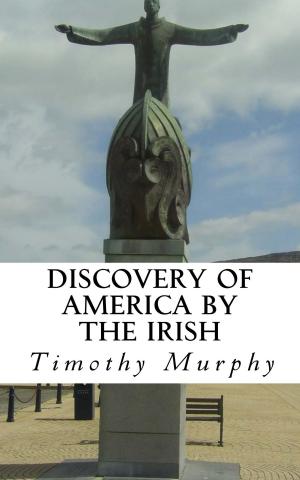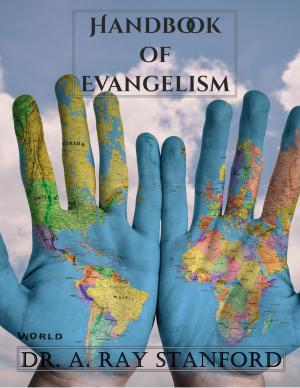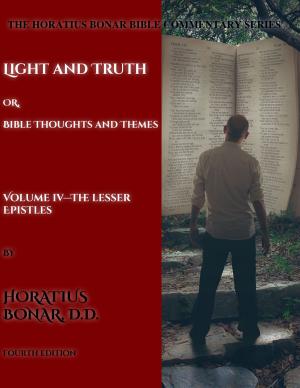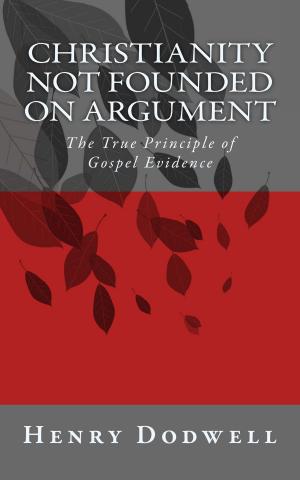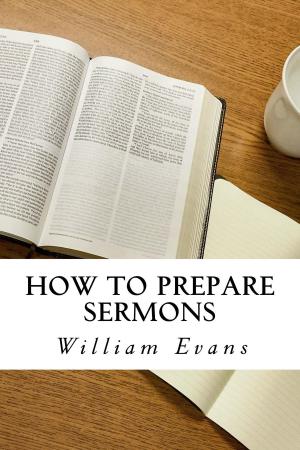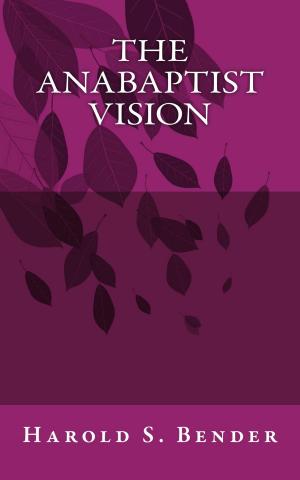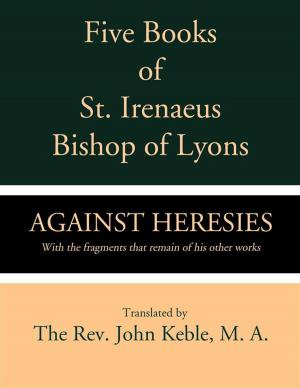Notes on the Prophecy of Amos
Nonfiction, Religion & Spirituality, Christianity, Christian Literature, Bible & Bible Studies, Old Testament, Commentaries| Author: | H. A. Ironside | ISBN: | 1230001949315 |
| Publisher: | CrossReach Publications | Publication: | October 2, 2017 |
| Imprint: | Language: | English |
| Author: | H. A. Ironside |
| ISBN: | 1230001949315 |
| Publisher: | CrossReach Publications |
| Publication: | October 2, 2017 |
| Imprint: | |
| Language: | English |
OF Amos, we have much more information than is customary concerning the minor prophets. He gives us, by the inspiration of God, several autobiographical notices of deep interest, which it will be well to look at briefly ere entering upon the study of his messages to Israel and the surrounding nations.
His prophecies were given in the reigns of Uzziah king of Judah and Jeroboam II king of Israel. He describes himself as a herdman of Tekoa, a town in the hill-country of Judea, about twelve miles from Jerusalem, of which mention is frequently made in Scripture. Thence came the “wise woman” sent by Joab to persuade David to permit his murderer son to return to his patrimony, in plain violation of all law, both human and divine (2 Sam. 14:2). There too, Ira the son of Ikkesh, one of David’s mighty men, was born (2 Sam. 23:26). It is noticed on numbers of other occasions, and even after the return from Babylon, the zeal of the men of Tekoa is spoken of, though their nobles are reproved in connection with the building of the wall of Jerusalem (Neh. 3:5, 27). A desert town, surrounded by large solitudes, it was a suitable place for men of pastoral occupation; and there Amos pursued his humble calling till separated by the Lord to the prophetic office.
He tells us that he was neither born into the goodly company of the prophets, nor did he choose that calling for himself. But when he was “a herdman and a gatherer of sycamore fruit” (that is, the fruit of the wild fig), the Lord said unto him, “Go, prophesy unto My people Israel” (ch. 7:14, 15). This was enough for Amos. He was not disobedient to the voice from heaven, but, leaving behind the pastures of the wilderness, and turning his back on the place of his birth, we soon find him declaring the word of the Lord away up in the capital of the northern kingdom, greatly to the disgust and arousing the indignation of Jeroboam and his false priest Amaziah. When ordered to flee to his own land and do his prophesying there, he boldly gives his divine credentials, and delivers a message more searching than ever.
Of the duration of his ministry, or the time or circumstances of his death, we have no record. But what has been vouchsafed to us is fraught with most important lessons.
It is ever God’s way to prepare His servants in secret for the work they are afterwards to accomplish in public. Moses at the backside of the desert; Gideon on the threshing-floor; David with his “few sheep” out upon the hillside; Daniel refusing to be defiled with the king’s meat; John the Baptist in the desert; Peter in his fishing-boat; Paul in Arabia; and Amos following the flock and herding the cattle in the wilderness of Tekoa—all alike attest this fact. It is important to observe that only he who has thus learned of God in the school of obscurity is likely to shine in the blaze of publicity.
OF Amos, we have much more information than is customary concerning the minor prophets. He gives us, by the inspiration of God, several autobiographical notices of deep interest, which it will be well to look at briefly ere entering upon the study of his messages to Israel and the surrounding nations.
His prophecies were given in the reigns of Uzziah king of Judah and Jeroboam II king of Israel. He describes himself as a herdman of Tekoa, a town in the hill-country of Judea, about twelve miles from Jerusalem, of which mention is frequently made in Scripture. Thence came the “wise woman” sent by Joab to persuade David to permit his murderer son to return to his patrimony, in plain violation of all law, both human and divine (2 Sam. 14:2). There too, Ira the son of Ikkesh, one of David’s mighty men, was born (2 Sam. 23:26). It is noticed on numbers of other occasions, and even after the return from Babylon, the zeal of the men of Tekoa is spoken of, though their nobles are reproved in connection with the building of the wall of Jerusalem (Neh. 3:5, 27). A desert town, surrounded by large solitudes, it was a suitable place for men of pastoral occupation; and there Amos pursued his humble calling till separated by the Lord to the prophetic office.
He tells us that he was neither born into the goodly company of the prophets, nor did he choose that calling for himself. But when he was “a herdman and a gatherer of sycamore fruit” (that is, the fruit of the wild fig), the Lord said unto him, “Go, prophesy unto My people Israel” (ch. 7:14, 15). This was enough for Amos. He was not disobedient to the voice from heaven, but, leaving behind the pastures of the wilderness, and turning his back on the place of his birth, we soon find him declaring the word of the Lord away up in the capital of the northern kingdom, greatly to the disgust and arousing the indignation of Jeroboam and his false priest Amaziah. When ordered to flee to his own land and do his prophesying there, he boldly gives his divine credentials, and delivers a message more searching than ever.
Of the duration of his ministry, or the time or circumstances of his death, we have no record. But what has been vouchsafed to us is fraught with most important lessons.
It is ever God’s way to prepare His servants in secret for the work they are afterwards to accomplish in public. Moses at the backside of the desert; Gideon on the threshing-floor; David with his “few sheep” out upon the hillside; Daniel refusing to be defiled with the king’s meat; John the Baptist in the desert; Peter in his fishing-boat; Paul in Arabia; and Amos following the flock and herding the cattle in the wilderness of Tekoa—all alike attest this fact. It is important to observe that only he who has thus learned of God in the school of obscurity is likely to shine in the blaze of publicity.


